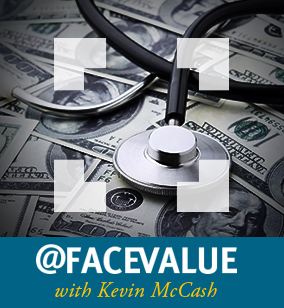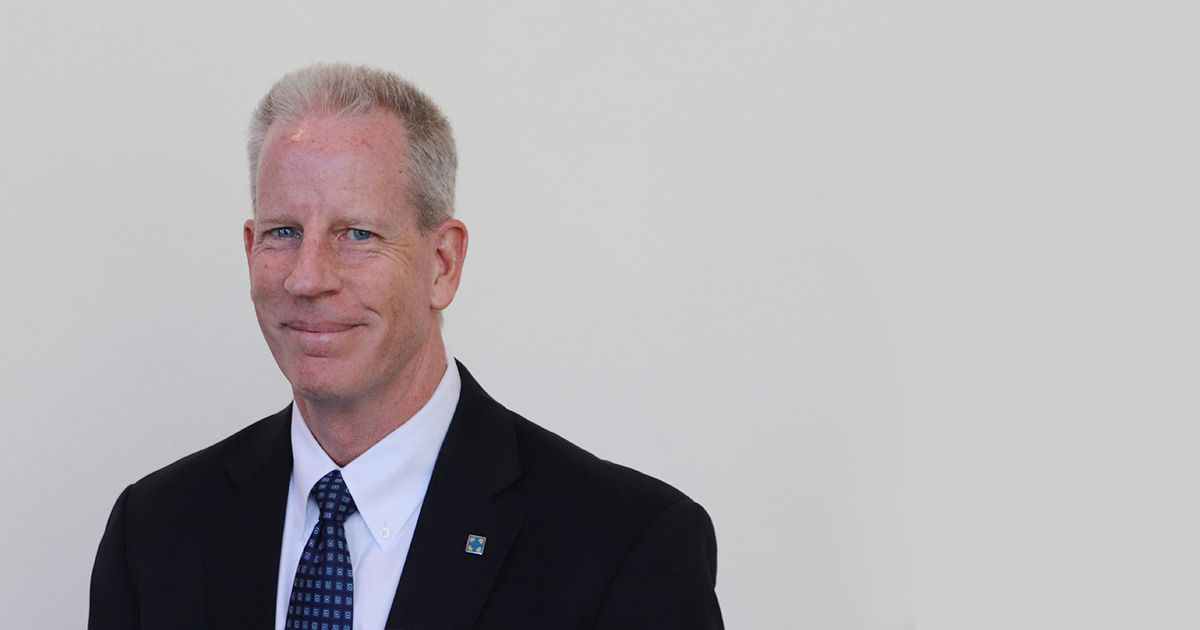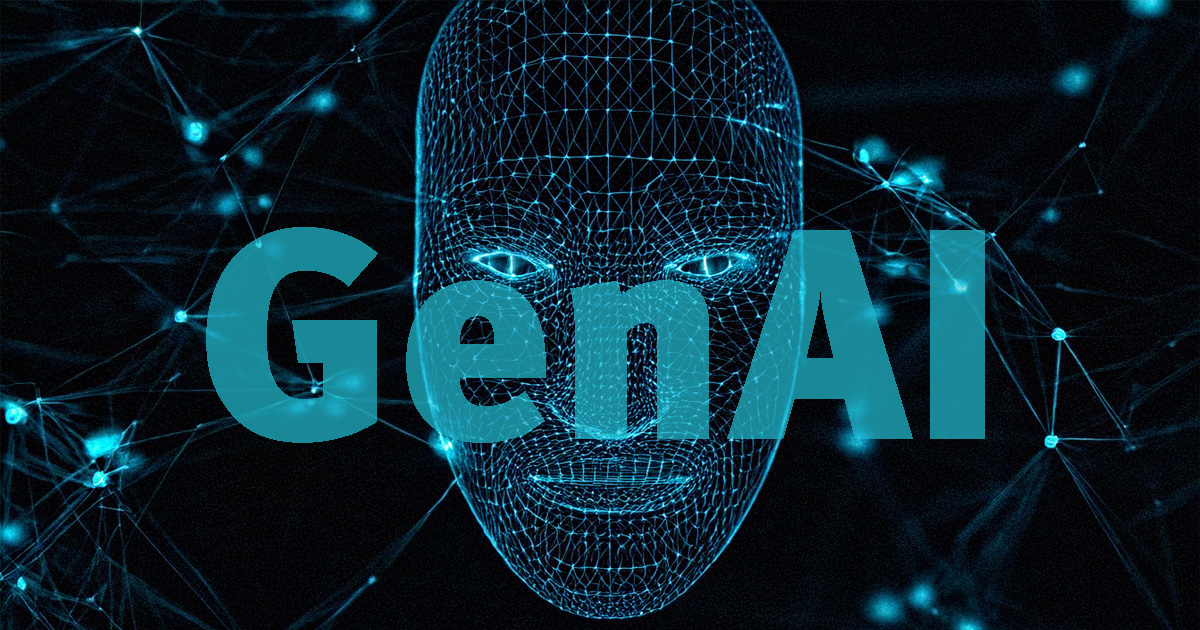Ch-Ch-Ch-Changes
 Autumn is a time of change. The weather gets cold, leaves turn colors and fall, and people start turning into shopping demons (the holidays are only a couple of months away people). The one thing I know about change is that it is often very scary. Perhaps that is why the first big holiday of the fall is the scariest of all; ghouls, goblins, ghosts and packs of wild children hopped up on sugar that turn the streets into an oddly proportioned scene from a comic book convention. Talk about scary, but I digress.
Autumn is a time of change. The weather gets cold, leaves turn colors and fall, and people start turning into shopping demons (the holidays are only a couple of months away people). The one thing I know about change is that it is often very scary. Perhaps that is why the first big holiday of the fall is the scariest of all; ghouls, goblins, ghosts and packs of wild children hopped up on sugar that turn the streets into an oddly proportioned scene from a comic book convention. Talk about scary, but I digress.
Change, by its nature, is at the very least uncomfortable. It is so uncomfortable in fact that people stay in jobs they don’t like or in unhealthy relationships, because they don’t want to find out what the alternatives are. We do like our “Zones of Comfort” and our “Personal Bubbles”. The pace of technology these days does not allow for same level of familiarity with circumstances as once was the norm and in many parts of the U.S., change fosters environments of almost fluid perception of new and emerging ideals. This manifests in many aspects of our society but it seems that it is not true within the healthcare provider community.
A recent survey of more than 3,400 physicians in the U.S. shows significant resistance to the tenants of value-based healthcare (VBH). A majority, or large portion of the surveyed individuals believed that electronic health records or EHR (a critical piece to realizing viable VBH) and VBH would have a negative impact on physician-patient relationships, efficiency of care, and their practices at large. I know, I know now you are concerned. If physicians think VBH is a bad idea why have I been talking for a year about how great it is and how it will be beneficial and really a super great thing we should be advocating for?
Well that is a tough question. To be very honest I am not sure I can give you anything but a nonplussing answer. I will say just a couple things though that hopefully help relieve your concerns (if you are not concerned then keep reading anyway and nodding along in agreement).
First, I believe that I have not once said that this whole VBH thing was going to be easy. I think it is easy to see that I am an advocate, but of course I am not a physician so maybe I don’t know. Some of the supporting information from the survey mentions that VBH focuses too much on population data and not enough on individual patient outcomes. That statement raises a definite flag for me since modern data analysis would not only take into account population trends but trace outcomes for other similar patients and episodes of care and the outcomes produced. It is the epitome of peer comparison and something that is only recently realizable with the advances in data analytics, computer science and machine learning/AI.
 Second, this same survey states that physicians feel that EHR and regulations are the top causes of physician burnout. Now I will certainly not purport to know what causes physician burnout but I feel that a tool like EHR could not really be to blame. Regulatory oversight on the other hand makes sense as legislation and other state and federal laws keep putting more and more pressure on healthcare to reduce costs and improve health. However, when I hear regulations I hear VBH and laws like MACRA. It seems that many physicians see lawmakers standing over a cauldron and chanting “Double, double toil and trouble; Fire burn, and cauldron bubble”. However, unlike the scene from the Scottish Play this is not a vision of doom in the future. It is change. A slowly moving and progressive change.
Second, this same survey states that physicians feel that EHR and regulations are the top causes of physician burnout. Now I will certainly not purport to know what causes physician burnout but I feel that a tool like EHR could not really be to blame. Regulatory oversight on the other hand makes sense as legislation and other state and federal laws keep putting more and more pressure on healthcare to reduce costs and improve health. However, when I hear regulations I hear VBH and laws like MACRA. It seems that many physicians see lawmakers standing over a cauldron and chanting “Double, double toil and trouble; Fire burn, and cauldron bubble”. However, unlike the scene from the Scottish Play this is not a vision of doom in the future. It is change. A slowly moving and progressive change.
Medicine has been undergoing drastic changes since the concept of healing someone became a thing people did. We were still doing blood lettings on a regular basis up until a few decades ago! Resistance to change is normal. I don’t put much stock in it. The big picture is sometimes easier to see when you aren’t in the thick of it. Though I might still be wrong and all this will have a detrimental effect. If that is the case doctors and nurses will adjust and the reason they joined those professions will always take over. That is human nature. That is who we are. No matter what I don’t feel there is a reason to think something wicked this way comes.






